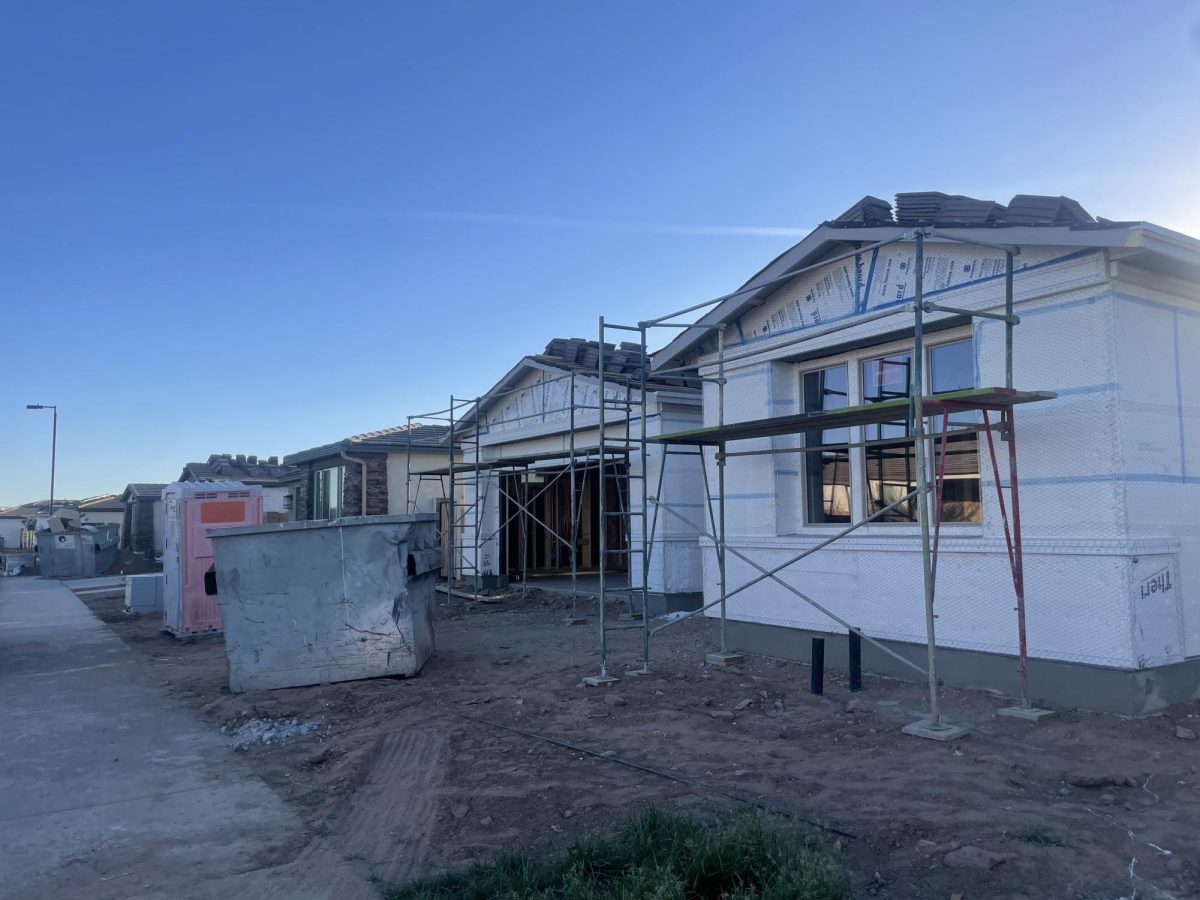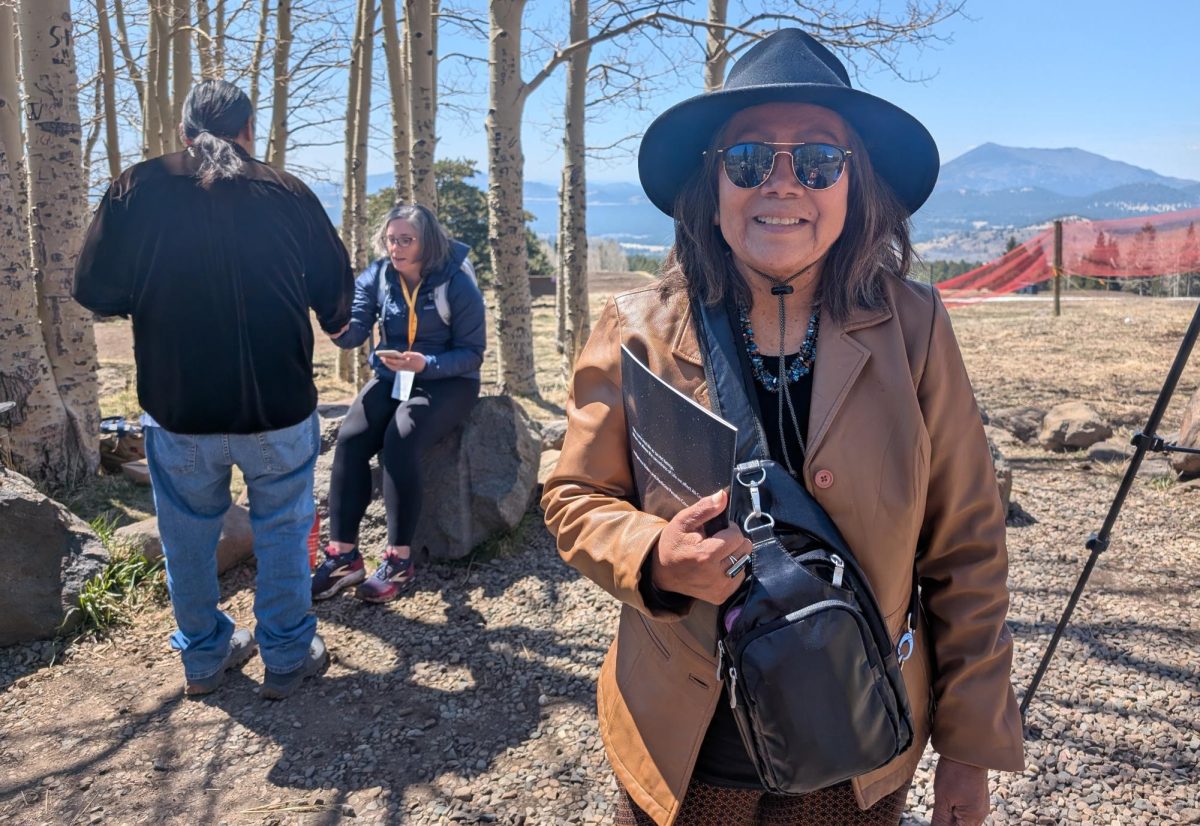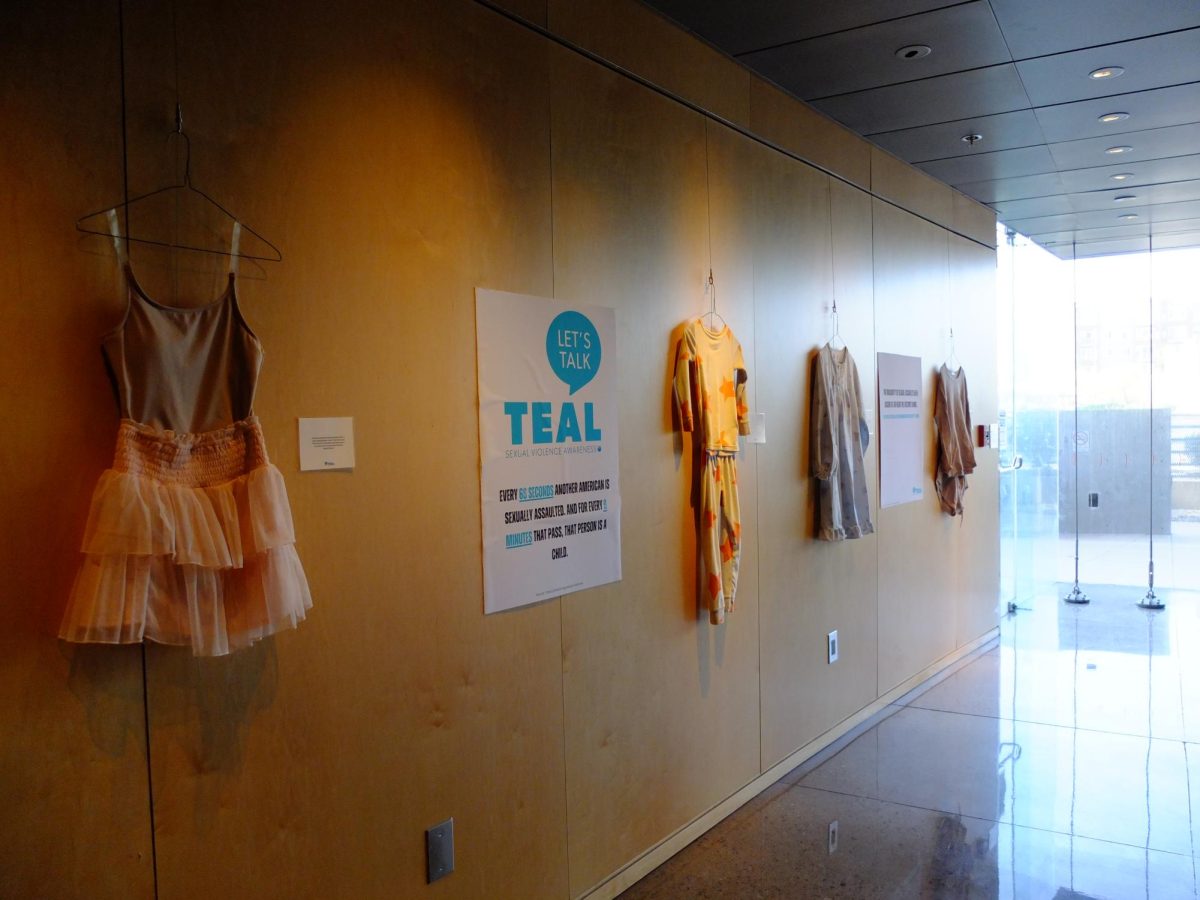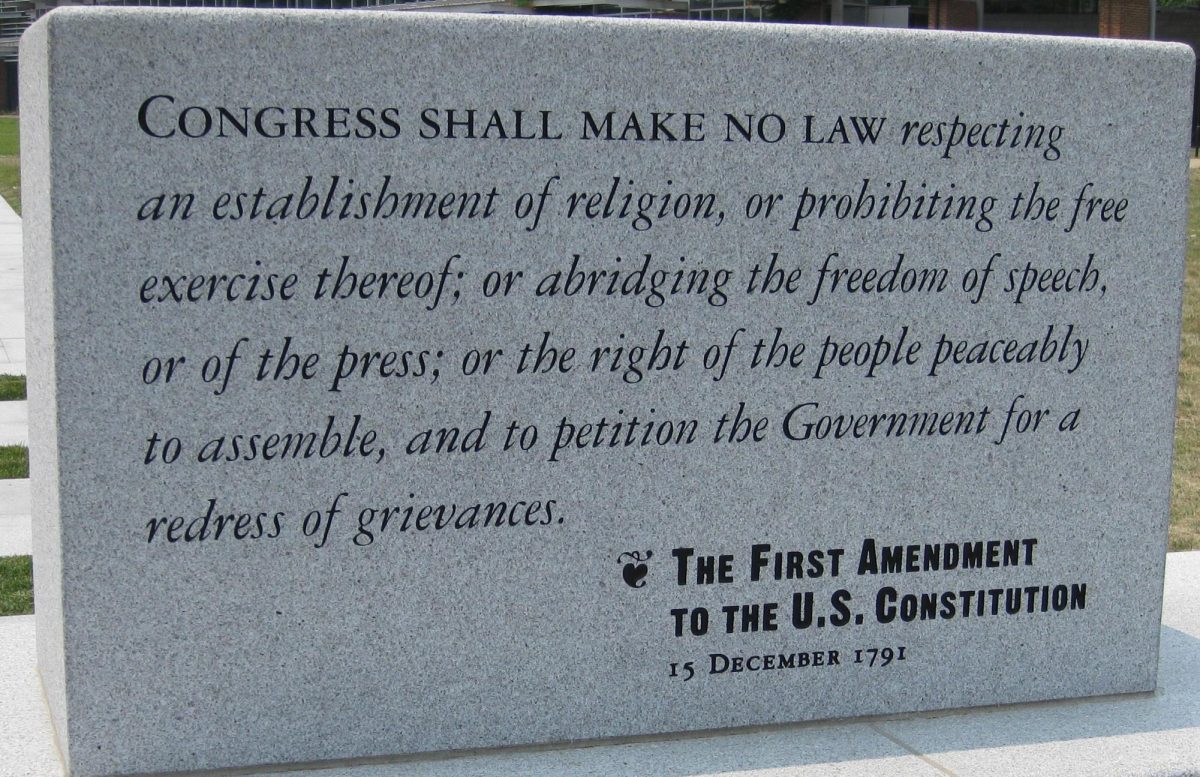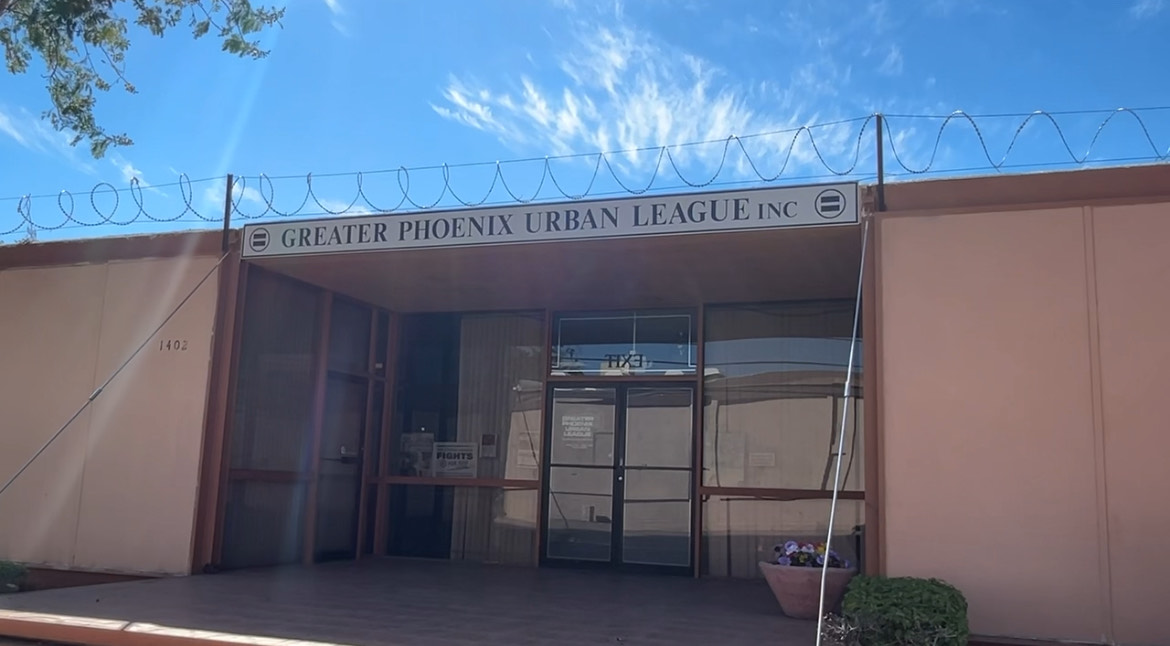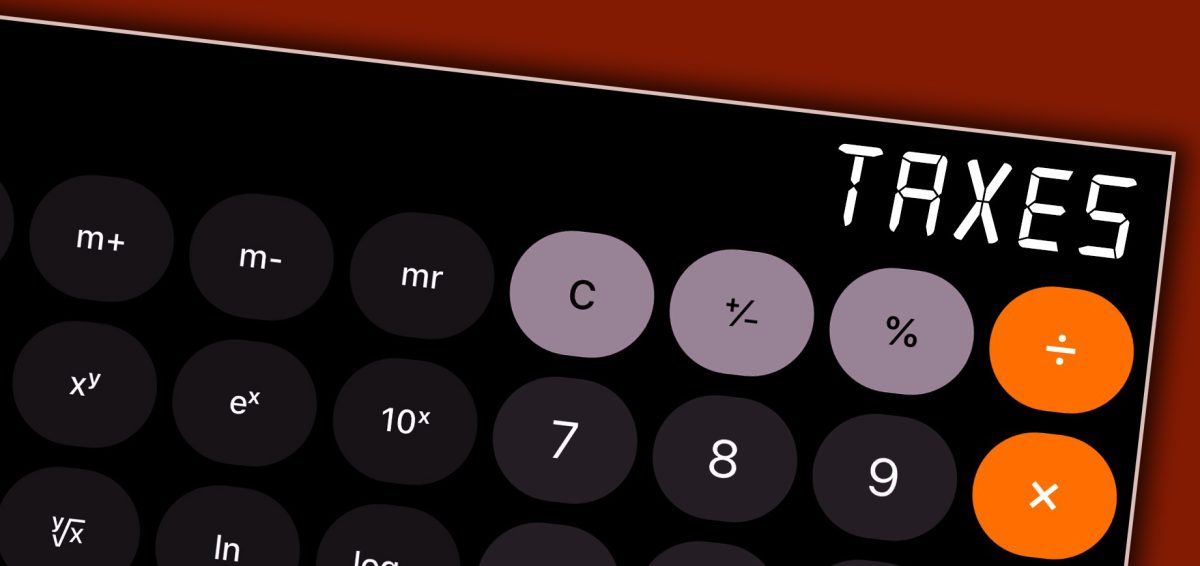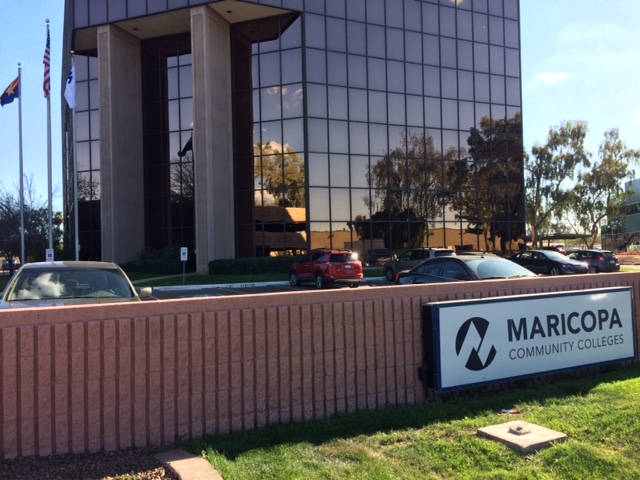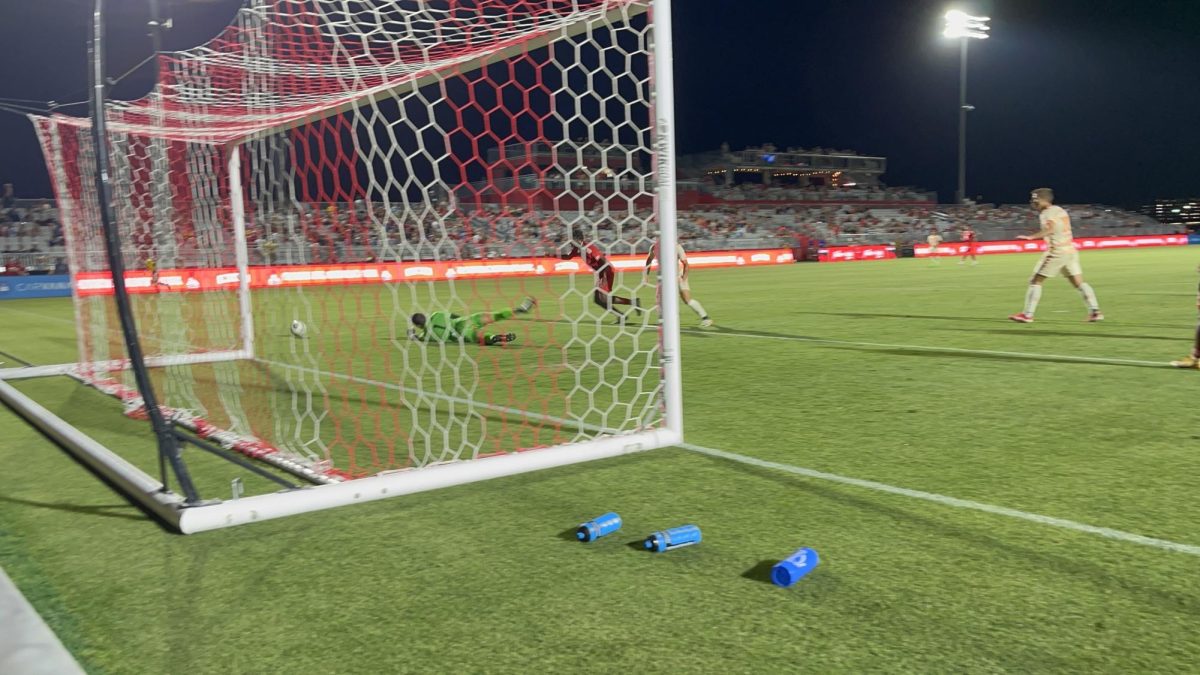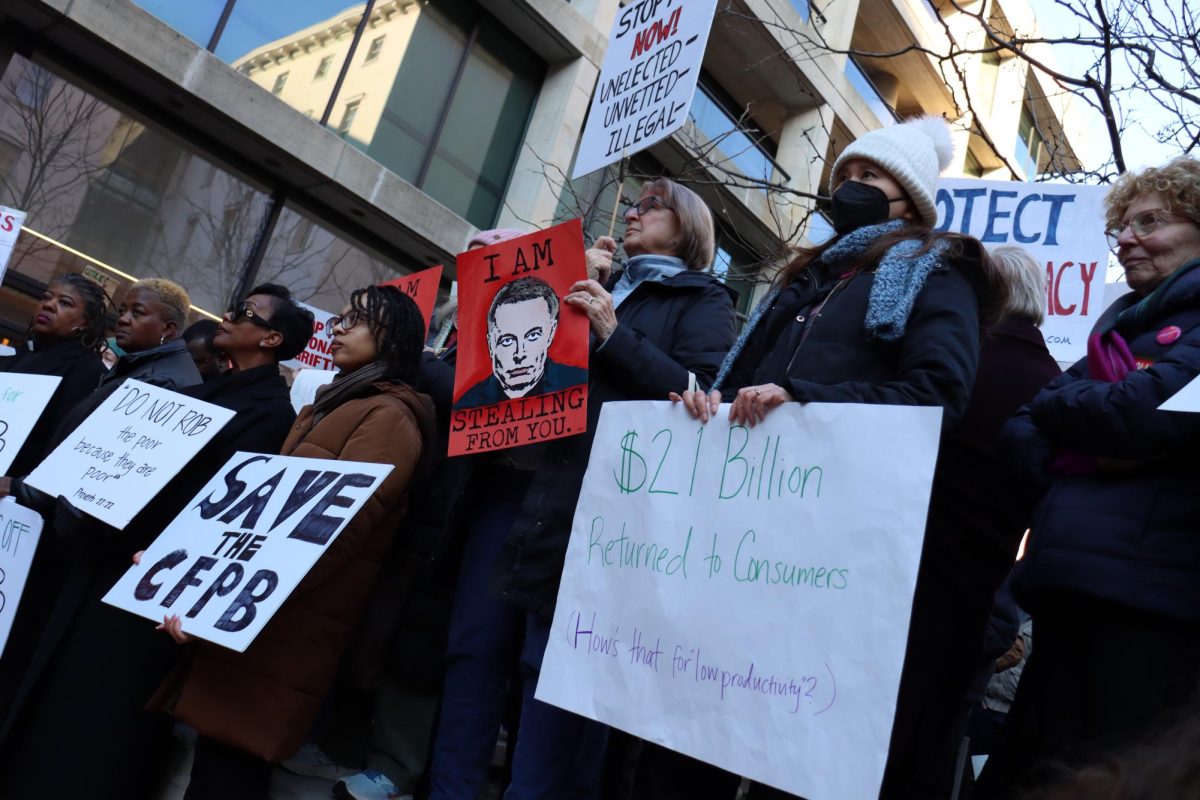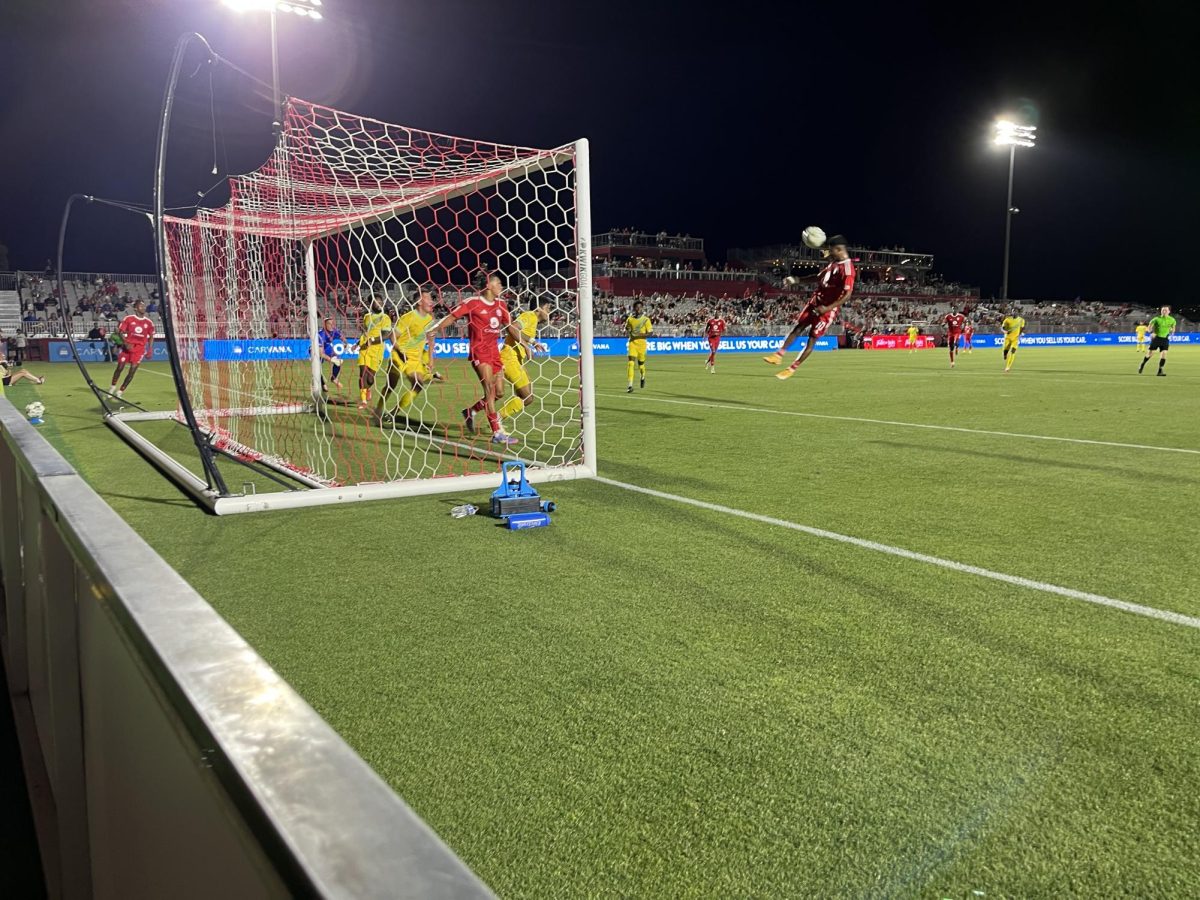While housing in Arizona is healthy, many are uncertain about buying in one of the nation’s fastest-growing cities.
Phoenix and the surrounding areas have been known for some of the most affordable housing costs in U.S. major cities. Today, there are multiple factors that evidence rising home costs in the Valley—all complicated.
A summit discussing a large study conducted by Arizona State University and released over the summer included the gathering of top experts in the state and revealed a picture “not entirely gloomy”
According to the Housing and Water Policy Summit, held by the Morrison Institute for Public Policy, municipal and state governments are working to create more affordable housing and how stakeholders are addressing the balance between economic growth and strategic resource management.
But the same report from Arizona State University shows that indeed the state is in a housing crisis, with rents skyrocketing 72% from 2010 to 2022 and home-buying being out of reach for much of the population.
In addition, critical concerns about the essential future of the state’s water supply and the energy grid are adding to the complications of housing development and economic growth.
Mortgage brokers are also having to get more creative to find solutions for middle-class buyers.
Chris Williams with V.I.P. Mortgage said that although home prices have stabilized a bit, the interest rates are not coming down enough to make home ownership any more affordable. “We get the occasional dip in rates, but as of now, we are still sitting at about 6.6%. So, even if middle-class families are able to qualify for a loan, they’re needing a substantial down payment to make their monthly payment doable.”
Brittany Axelson of Phoenix says, “I was lucky to be able to buy my house in 2020, right as prices began skyrocketing, but with interest rates as high as they are now, I would never be able to afford to re-buy my own home again.”
Although home ownership can seem out of reach for many, Williams said that there are still ways to make home ownership a reality. “There are a lot of programs out there that can help, for example, there’s a first-time homebuyer’s program which only requires a 3% down payment. There are also HFA’s (Housing Finance Agencies), or the AzIDA here in Arizona, that offers loan programs for low to middle-income homebuyers, with lower interest rates and down payment assistance.”
While the current housing market presents significant challenges for middle-class buyers, homeownership is not entirely out of reach. With careful financial planning, consistent saving, and utilizing programs designed to assist with down payments and mortgage options, the dream of owning a home can still be achieved. Finding a good realtor and a creative and experienced mortgage broker like Chris Williams can help families navigate the market and secure a place to call their own.
Supply and demand revolve around multiple challenges in the housing market, and today, more than ever, the top concern—water.
According to a statement from the research director of the Kyl Center for Water Policy Kathryn Sorensen, “Groundwater across the state is a hugely valuable supply,”
“There isn’t enough water for everything, right? Human wants are always unlimited. Our ability to meet those wants is always somewhat limited. I hope you think of these trade-offs in terms of which developments are worth the water.”
The extensive report noted from the “State of Housing in Arizona Report,” and also released at the summit, outlined several factors driving the state’s housing crunch. The report is the first created by the Arizona Research Center for Housing Equity and Sustainability, funded by the U.S. Department of Housing and Urban Development and housed in the Morrison Institute.
“Access to housing that is affordable, or housing that costs 30% or less of a household income, is essential for individuals and communities to thrive and is recognized as a fundamental human right,” said Alison Cook-Davis, director of research at the Morrison Institute and co-director of the Arizona Research Center for Housing Equity and Sustainability.
“However, Arizona is confronting a housing crisis as supply and affordability have markedly declined over the past decade. Arizona residents are increasingly experiencing housing insecurity and the housing crisis has become a central issue for our state and local governments.”
There were many takeaways from the report including: Arizonans incomes not keeping up with rent prices, not enough affordable and available housing for low-income households, and the median sale price of a home increased by 57% from 2019 to 2023, to $423,400 has all but eliminated many home buyers from the market.
High home values and lower interest rates during the pandemic allowed existing homeowners to refinance and lower their housing costs, which reduced the supply of houses for sale. That lack of supply, with growing demand in the Valley along with higher interest rates and other challenges put home-buying out of reach for many first-time homebuyers.


